Culture
Coronavirus frustrates Saudi women’s push for financial independence

Al ULA, Saudi Arabia (Reuters) – Abeer al-Howayan despaired of ever working after spending eight years trying to find a job that would put her chemistry degree to use in the Saudi Arabian town of Al Ula.
She eventually abandoned her scientific ambitions and turned to selling homemade cakes, before she was chosen last year for a government training programme to support a $20 billion flagship tourism project in the kingdom’s northwestern region.
The 31-year-old learned how to make artisanal soap from French experts flown in by Saudi authorities, and in late December started selling her creations at a booth near the rock-hewn tombs of Madain Saleh, site of an ancient civilisation.
She also started offering her wares online.
Then the coronavirus struck. Even after all her compromises, Howayan’s future is uncertain once again.
The pandemic has hammered Saudi Arabia’s nascent non-religious tourism industry – among the few new sectors to have emerged under Crown Prince Mohammed bin Salman’s drive to diversify the economy from oil and create millions of jobs.
“It is very tough, but I keep telling myself things will get better after corona. One has to remain optimistic,” Howayan, whose online business has also slowed, told Reuters.
Women in the United States and Europe have taken an outsized hit from the wave of unemployment caused by the coronavirus, but for women in Saudi Arabia the downturn is particularly damaging because it struck just as their efforts to enter the workforce and gain greater financial independence were gaining traction.
Howayan is among nearly one million unemployed Saudis – 12% of the working-age population – pinning their hopes on the prince’s vision to modernise the conservative and patriarchal country with ambitious projects.
Women make up about 83% of the jobless, according to the Saudi statistics office. And it’s an educated group; 70% of those women have high school diplomas or university degrees.
And many were counting on the new sectors such as tourism to provide their entry to the workforce.
Private sector squeezed
Tackling unemployment is a main pillar of Prince Mohammed’s plan. He promised in 2017 “better unemployment numbers by 2020” and to cut the jobless rate to 7% over the next decade.
But the rate has fallen by less than 1 percentage point.
A tough task has become even tougher as coronavirus disruptions and austerity measures have squeezed the finances of the private sector.
“To reduce unemployment, the private sector will need to create at least 500,000 to 1 million jobs for Saudis, said John Sfakianakis, a Gulf expert at the University of Cambridge, “But this year alone, the private sector will unavoidably contract by 7% … and that’s just this year.”
Finance Minister Mohammed al-Jadaan told Reuters that the government remained committed to job creation targets and was still funding training and capacity building.
“Coronavirus is with us this year and possibly for a part of next year, but then it will go away and when it goes away we need to make sure that we have seized this time to build more capacity and train more people to be ready when we start offering services again,” said Jadaan. He did not specifically address the issue of women.
According to regional experts, a faltering of the reform drive could lead to the public questioning the social contract between the ruling Al Saud family and the people in a country where 80% of the population is under 30.
Oil wealth is shared across the kingdom in exchange for popular submission to absolute monarchical rule. However there could be some social discontent if jobs do not materialise and Saudis find themselves paying more taxes with less state benefits, according to Yasmine Farouk at the Carnegie Middle East Center.
“It will eventually guide the country into a political discussion that the leadership doesn’t want,” she said.
Ending gender segregation
Saudi Arabia has largely struggled to lure foreign capital outside the energy sector as many investors hesitate over Riyadh’s human rights record and the commercial viability of some domestic mega projects.
But the entertainment and tourism industries started taking off last year, accompanied by social reforms to open up the kingdom, including ending gender segregation in most public places and introducing public entertainment. Thousands of jobs were created and Saudis flocked to concerts, festivals and sporting events.
Last year, the kingdom attracted international acts from Cirque du Soleil to Mariah Carey, Italian tenor Andrea Bocelli and Greek musician Yanni. Saudis also cheered female WWE wrestlers in Riyadh, and heavyweight boxers Anthony Joshua and Andy Ruiz Jr in a custom-built 15,000 person stadium.
However the Saudi tourism minister told Reuters in April that the industry, including Muslim pilgrimages, could decline by 35-45% this year due to coronavirus measures.
Abeer Mohammed Jumuah is another example of a woman who benefited from the prince’s reform drive. She spent years looking for a job as a teacher after graduating from university in home economics, and eventually joined a government training programme last year to learn cooking skills in Paris.
The 31-year-old has returned to a catering role in Saudi Arabia helping Michelin-starred chefs, but it is only temporary and she will eventually need to find new work – something that has become a trickier proposition in the wake of the pandemic.
“I hope that one day I can open a café where I can offer a breakfast menu with lots of French pastries,” she said. “I want to be financially independent and I want my two daughters, aged four and seven, to have a better living standard.”
Changing expectations
Analysts said they expected a recovery in tourism and entertainment to start in the first half of 2021, with the sectors requiring government support for at least a few years.
The Royal Commission for Al Ula, set up in 2017 to carry out reforms in the crown prince’s drive, said it planned to reopen in October this year, and a spokesman said it was committed to job creation.
Some are hopeful for the future.
Madiha al-Anazy, 29, joined a five-month tour guide training programme when she returned from Florida in May 2019 with a masters degree in biotechnology, and now has a permanent job as a tour guide.
Her 33-year-old husband, Mohamad, was temporarily taken on as a part-time “ranger” to protect heritage sites and the couple is betting on a revival in the tourism sector.
“We hope he will find a permanent job one day,” Anazy said.
Private-sector job creation is partly intended to wean citizens off reliance on the state as more than two-thirds of the Saudi workforce is employed by the government and their salaries account for roughly half of 2020 budget spending.
Low oil prices would make it difficult for past state largesse to continue. This could lead to many young Saudis taking lower-income jobs typically relegated to foreigners, in a societal shift, according to Karen Young, a Gulf analyst at the American Enterprise Institute in Washington.
“People’s expectation for income and lifestyle are going to be different to their parents,” she said.
Reporting and photo: Reuters
Culture
Elegant island celebration: Eid Al-Fitr at The Ritz-Carlton Maldives, Fari Islands
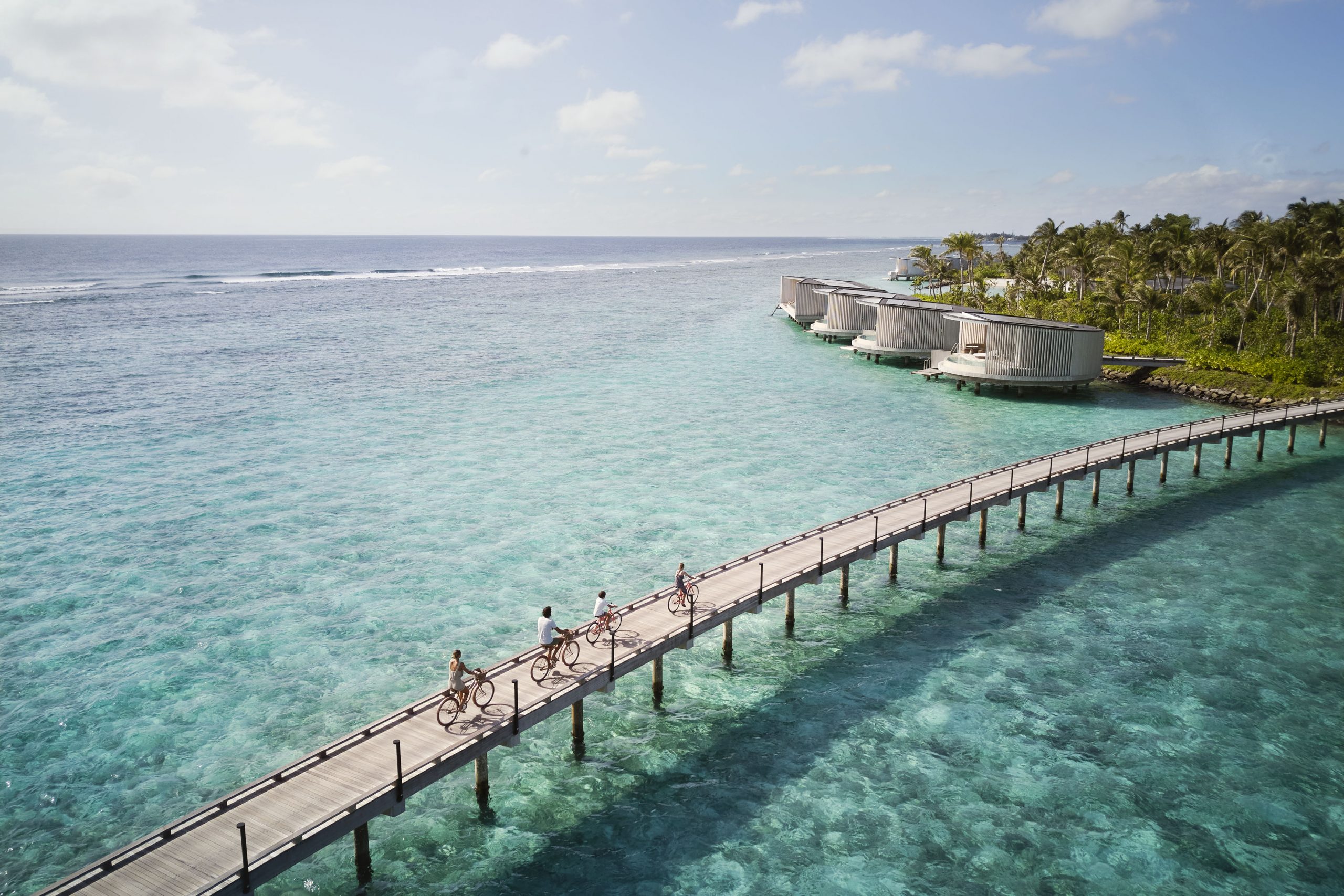
The Ritz-Carlton Maldives, Fari Islands invites guests to celebrate Eid Al-Fitr with a thoughtfully curated program of experiences that brings families and loved ones together through culture, creativity, and refined island luxury. Unfolding across the resort’s signature venues, the celebrations feature an elegant calendar of culinary journeys, wellness rituals, immersive cultural moments, and family-friendly activities, all set against the serene natural beauty of the Fari Islands.
From 20th to 24th March 2026, guests are invited to experience a curated calendar of festive moments across the resort, celebrating Eid Al-Fitr through elevated dining, wellness rituals, family activities, and immersive cultural experiences.
Anchoring the celebration is Flowers by Harijanto, the multi-award-winning floral designer brings his masterful floristry to the resort between the 21st and 24th March. Blooming into spring in time for National Flower Day, Harijanto presents a series of immersive experiences including hands-on floral workshops, a botanical-inspired afternoon tea, and a culinary spectacle celebrating edible flowers paired with bespoke botanical cocktails.
Designed for guests of all ages, the program includes a dedicated mini-VIP floral workshop for children, while Harijanto’s signature touch extends throughout the resort, with bespoke in-villa Boenga floral arrangements crafted from local blooms and sustainably sourced materials, supporting the destination’s reduced carbon footprint.
Culinary Highlights
Guests can indulge in a refined selection of dining experiences throughout Eid Al-Fitr, including an Ocean Grill Buffet at Beach Shack, a Starlight Concert Dinner at EAU Bar, and a specially curated Arabic set menu at Mystique Garden. Interactive experiences include an Arabic Cooking Class at La Locanda, alongside floral-inspired afternoon teas and cocktail masterclasses.
Lifestyle & Entertainment
Festivities begin with a Resort Cocktail Party at Beach Shack on the 20th of March, setting the tone for elevated island evenings. Select nights feature live entertainment and themed dining experiences, offering an elegant yet celebratory atmosphere beneath the Maldivian sky. Families and couples can also enjoy a variety of daily recreational experiences, from curated watersports and guided diving excursions to private sandbank visits and indulgent floating breakfasts, all set against the backdrop of the turquoise ocean.
Wellness & Spa Experiences
The Ritz-Carlton Spa introduces a series of mindful wellness sessions for Eid Al Fitr, including sunrise and sunset yoga, meditation, and fitness rituals in scenic outdoor settings. Guests may also participate in hands-on spa workshops using Bamford products such as Face Yoga, Gua Sha Glow, and Spa Alchemist experiences, designed to restore balance and wellbeing during the holiday.
Among the highlights is the Bamford Signature Journey, exclusively designed for The Ritz-Carlton Maldives, Fari Islands. This immersive 150-minute ritual combines Japanese Shiatsu techniques with flowing Swedish massage movements to release tension and rebalance thebody’s’meridians, followed by wave-inspired strokes that echo the natural rhythm of the ocean.
Family, Teens & Ritz Kids
Families are at the heart of the Eid celebrations, with a full programme for younger guests. Ritz Kids can enjoy festive craft workshops, lantern-making, slime labs, treasure hunts, and Eid-themed creative sessions, while teens are invited to participate in architectural workshops, mosaic art, and interactive game challenges.
Nature & Marine Discovery
Led by the resort’s Naturalist Ladies and Dive Center, guests can connect with the surrounding marine environment through turtle, shark, and coral garden snorkeling, sunset cruises, traditional fishing, reef talks, and coral regeneration activities.
With its seamless blend of togetherness, creativity, and cultural appreciation, Eid Al-Fitr at The Ritz- Carlton Maldives, Fari Islands offers an enriching and elegant island escape, where meaningful moments unfold in a truly exceptional setting.
Guests are invited to discover the Signature Villas and select the perfect island retreat, from Two-Bedroom Beach Villas set along pristine coves to Two-Bedroom Overwater Villas poised above turquoise waters, each featuring private pools, expansive indoor and outdoor living spaces, and uninterrupted ocean views, ideal for families or small groups seeking refined seclusion. Those desiring heightened privacy may retreat to the resort’s exclusive estate enclave, a secluded sanctuary offering expansive multi-bedroom villas, infinity pools, outdoor dining pavilions, and personalised service from a dedicated Aris Meeha, your island butler.
The Embrace Island Life offer, valid for stays from now until December 20, 2026, enriches every escape with half-board dining across the resort’s celebrated restaurants, showcasing Maldivian, Japanese, Southern Italian, Cantonese, and Lebanese cuisine, along with return luxury shared speedboat transfers, curated welcome amenities, and 24-hour butler service, ensuring a seamless journey defined by effortless elegance from arrival to departure.
For more information, please visit ritzcarlton.com/Maldives.
Culture
Kuda Villingili presents family-focused Eid al-Fitr experience in Maldives
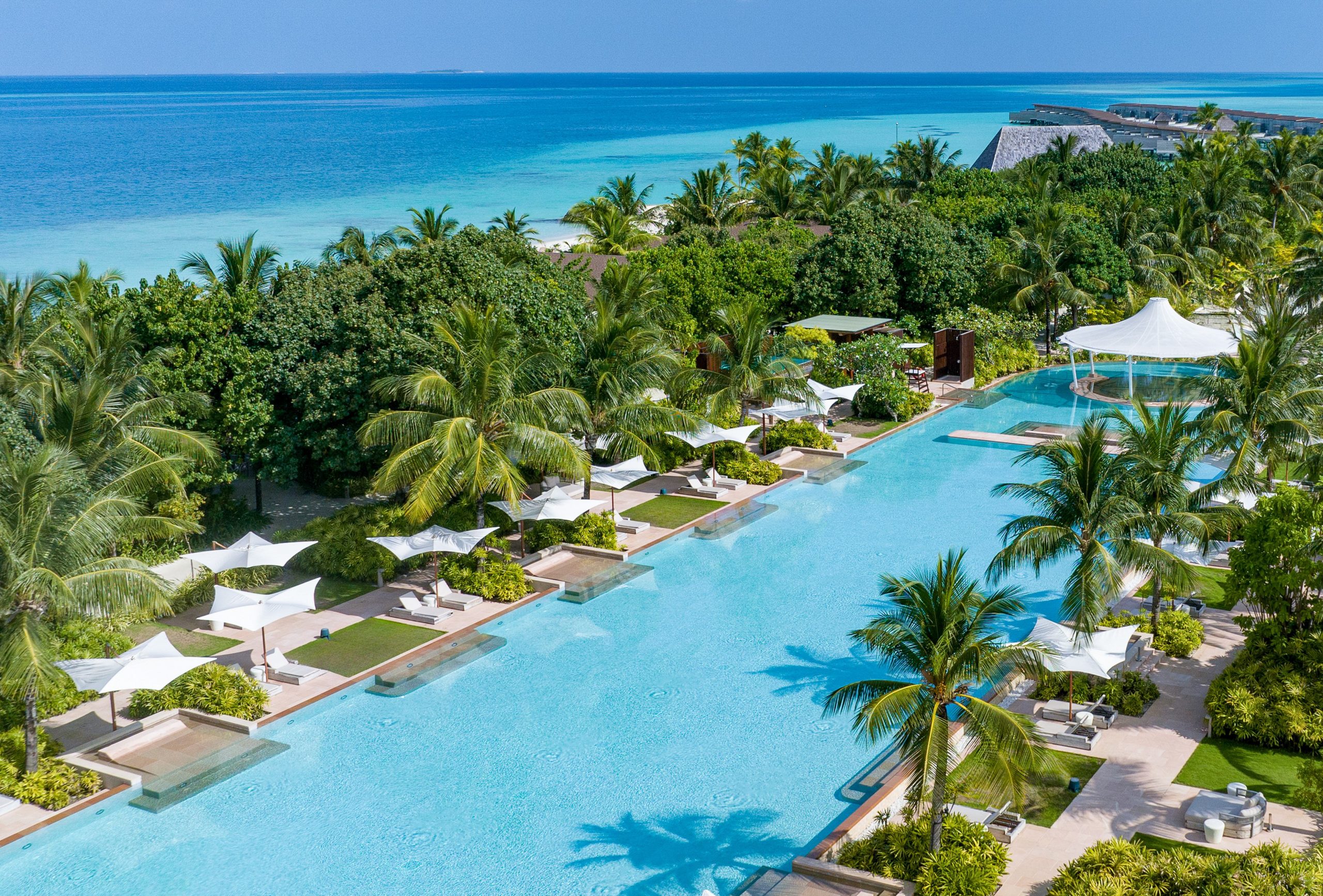
Kuda Villingili Resort Maldives has announced a three-day Eid al-Fitr 1447 AH programme, inviting guests to celebrate the occasion from 19 to 21 March 2026 in a tranquil island setting that brings together family, reflection, and shared moments.
Following the holy month of Ramadan, Eid al-Fitr at the resort is designed as a gentle transition into celebration, offering guests the freedom to mark the festival at their own pace. The programme brings together families, couples, and friends through curated dining experiences, relaxed island gatherings, and moments of quiet connection by the Indian Ocean.
Culinary experiences form the centre of the Eid programme. Celebrations begin with the Kuda Eid Feast Buffet Dinner at The Restaurant, featuring Middle Eastern and Maldivian dishes served under the stars, accompanied by soft island music. Guests can also gather at Spice for the Kuda Eid Lunch Feast, a five-course Middle Eastern fusion menu by the Qureshi brothers, inspired by traditional flavours and designed for sharing in the spirit of Eid. Evenings continue at The Bar with an Arabic Shisha Night, combining live DJ music with a relaxed social atmosphere.
Eid mornings at the resort offer a calmer start to the day, with a Signature Floating Breakfast served in the privacy of each villa pool. Guests can also enjoy Eid Signature Mocktails, created with floral and spice notes that reflect the season’s sense of gratitude and renewal. An interactive Art of Shisha Making experience is also available, encouraging conversation and shared storytelling.
The Eid programme has been curated to include guests of all ages. Younger visitors are welcomed at Kuda Fiyo, where Eid-themed creative workshops, treasure trails, storytelling sessions, games, and movement activities are organised to create memorable experiences while reflecting the cultural significance of the occasion.
For families and adventure-seekers, the resort also offers Eid al-Fitr Ocean Adventures. A personalised Big Game Fishing experience provides an opportunity to spend time together on the open sea, combining quiet reflection with exploration of the surrounding waters.
With its expansive island layout, eight dining destinations, and the Maldives’ largest swimming pool, Kuda Villingili Resort Maldives presents an Eid al-Fitr celebration that blends tradition with contemporary island living, offering space, privacy, and a relaxed setting for guests seeking a meaningful Eid experience in the Maldives.
The full Eid al-Fitr 2026 programme can be viewed here. More information about the resort is available from the resort’s website.
Culture
SO/ Maldives illuminates Diwali with culinary delights, festive spirits, chic island vibes
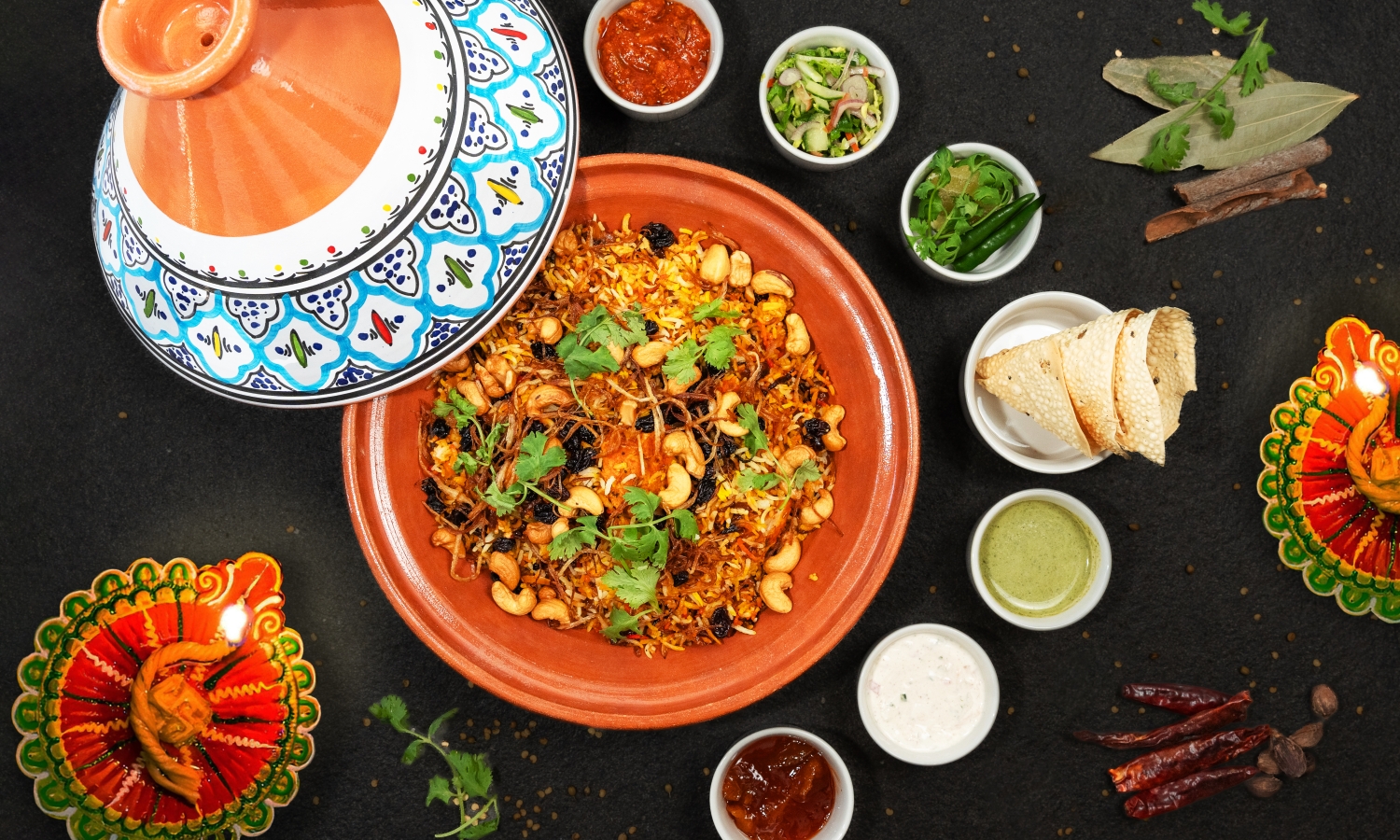
This Diwali, SO/ Maldives is set to dazzle with a bold celebration that blends cultural tradition with the resort’s signature flair. Guests are invited to indulge in a day of flavor, music, and style, wrapped in the spirit of light and festivity.
The day begins at The Citronelle Club, where guests can immerse themselves in India’s sweetest traditions with a complimentary Gulab Jamun cooking class. This hands-on session not only celebrates the art of crafting one of India’s most iconic desserts but also offers guests a memorable experience of cooking and tasting together in true festive spirit.
Following the workshop, the culinary journey continues with an exclusive tasting of SO/ Maldives’ brand-new Indian à la carte menu. Bursting with bold flavors and modern interpretations, this exciting menu brings a fresh twist to traditional favorites, showcasing dishes designed to delight both seasoned gourmands and those discovering Indian cuisine for the first time.
As the afternoon rolls into evening, the celebrations flow seamlessly to Lazuli Beach Club and The Citronelle Club, where guests can savor the moment with 40% off select premium beverage bottles. Whether shared over a meal or enjoyed as a toast to togetherness, these indulgent pours elevate the festive mood with sophistication.
The evening comes alive with a vibrant lineup of cultural and family-friendly activities. Guests can express their creativity at a Family Diya Workshop, lighting up the night with personalized clay lamps that symbolize joy and prosperity. At Lazuli Beach Club, a Henna Workshop invites guests to adorn their hands with intricate patterns, while the beachfront transforms into a canvas for a Rangoli experience, where colorful designs bloom in the sand to celebrate the artistry and spirit of Diwali.
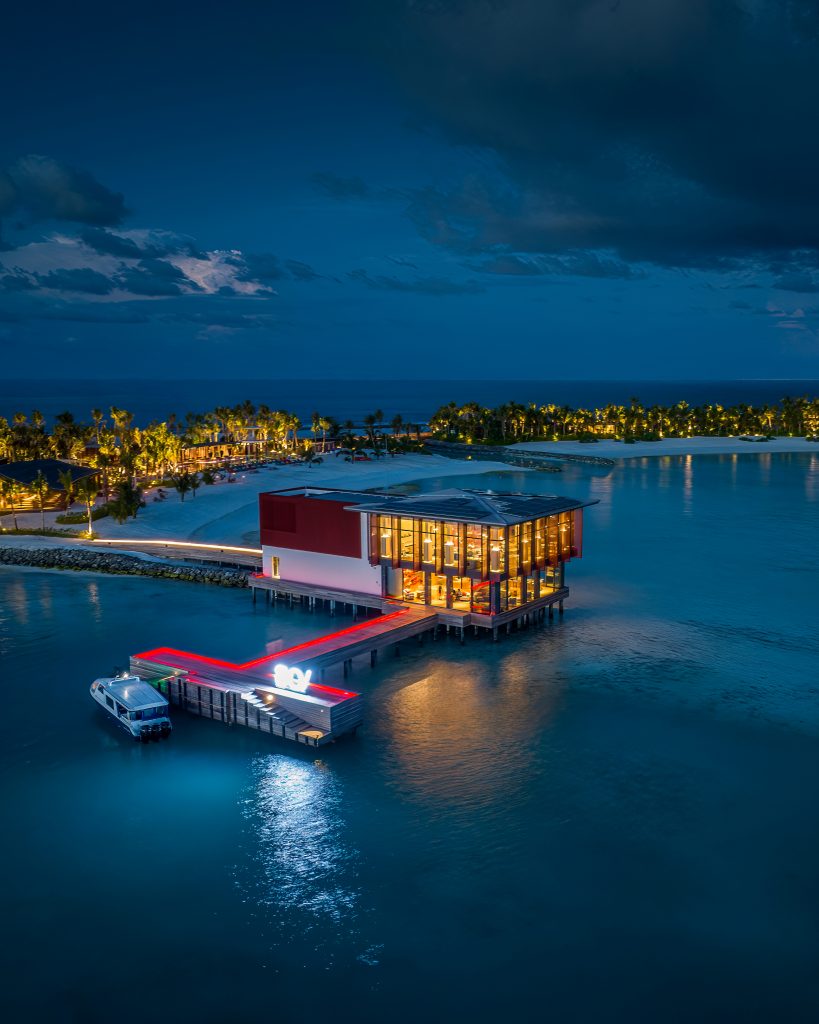
No Diwali celebration is complete without a golden-hour glow. At Lazuli Beach, the festivities shine brighter with 50% off saffron martinis during sunset, accompanied by live DJ beats. As the Maldivian sky turns to hues of orange and gold, guests can sip, sway, and soak in an electric yet elegant atmosphere, perfectly in tune with the spirit of Diwali.
“At SO/ Maldives, we reimagine cultural celebrations with a bold, chic island twist. This Diwali, we’ve curated a day that’s all about indulgence, flavors, music, and unforgettable moments,” said Olivier MOIES-DELVAL, General Manager, SO/ Maldives. “It’s about honoring tradition while celebrating in style, surrounded by the natural beauty and energy of the Maldives.”
SO/ Maldives invites guests to light up their Diwali with this one-of-a-kind experience that blends the richness of Indian traditions with the resort’s signature playful luxury.
Celebrate light, flavor, and island chic this Diwali at SO/ Maldives.
-
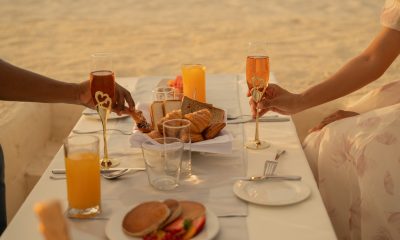
 Cooking1 week ago
Cooking1 week agoFrom shoreline to hotpot: New dining experiences at Sun Siyam Iru Veli
-
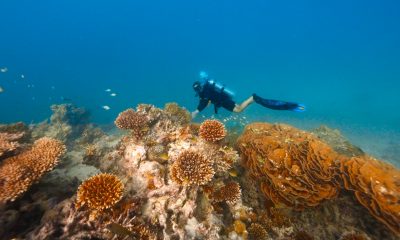
 News1 week ago
News1 week agoVentive Hospitality aligns Maldives portfolio with Green Fins marine sustainability platform
-
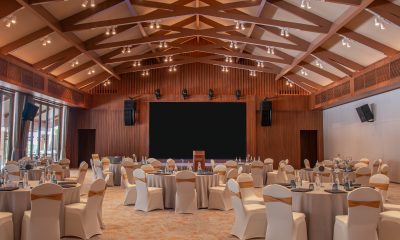
 Business1 week ago
Business1 week agoFeydhoo Hall opens at dusitD2 Feydhoo Maldives as new event space
-

 News1 week ago
News1 week agoThe Ritz-Carlton Maldives, Fari Islands launches conservation programme for environmental observances
-
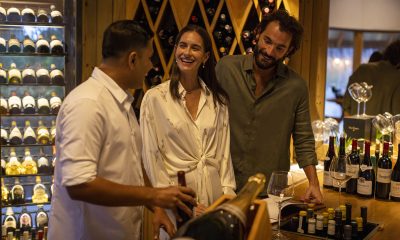
 Drink1 week ago
Drink1 week agoProvence comes to Maldives with Château Minuty dinner at Milaidhoo Maldives
-
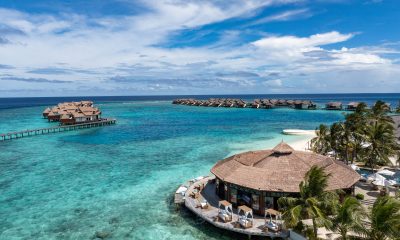
 Awards1 week ago
Awards1 week agoDouble gold win for OZEN RESERVE BOLIFUSHI and OZEN LIFE MAADHOO at Junior Travel Awards
-
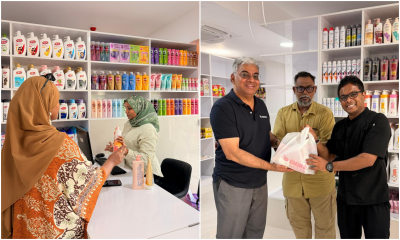
 Business1 week ago
Business1 week agoBBM expands retail presence with new Hulhumalé outlet
-
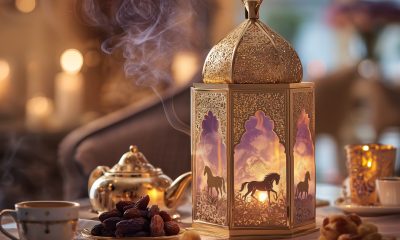
 Featured1 week ago
Featured1 week agoCity Iftar experience curated at JEN Maldives by Shangri-La









